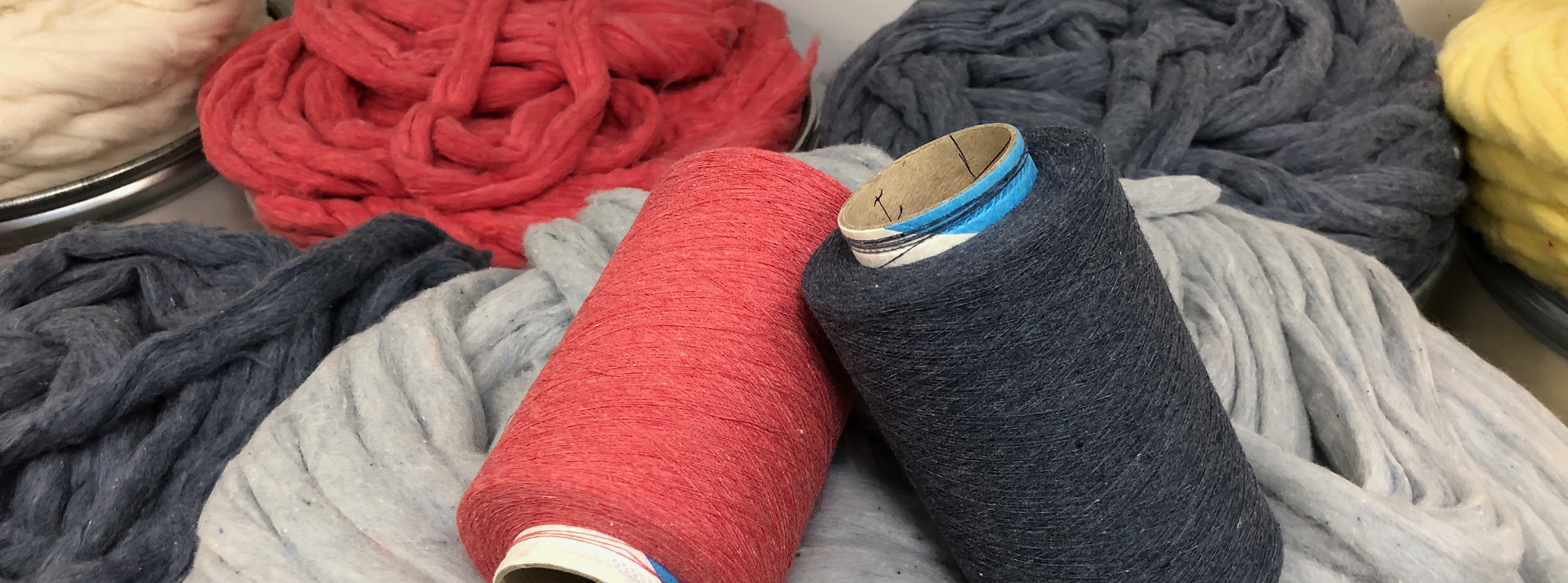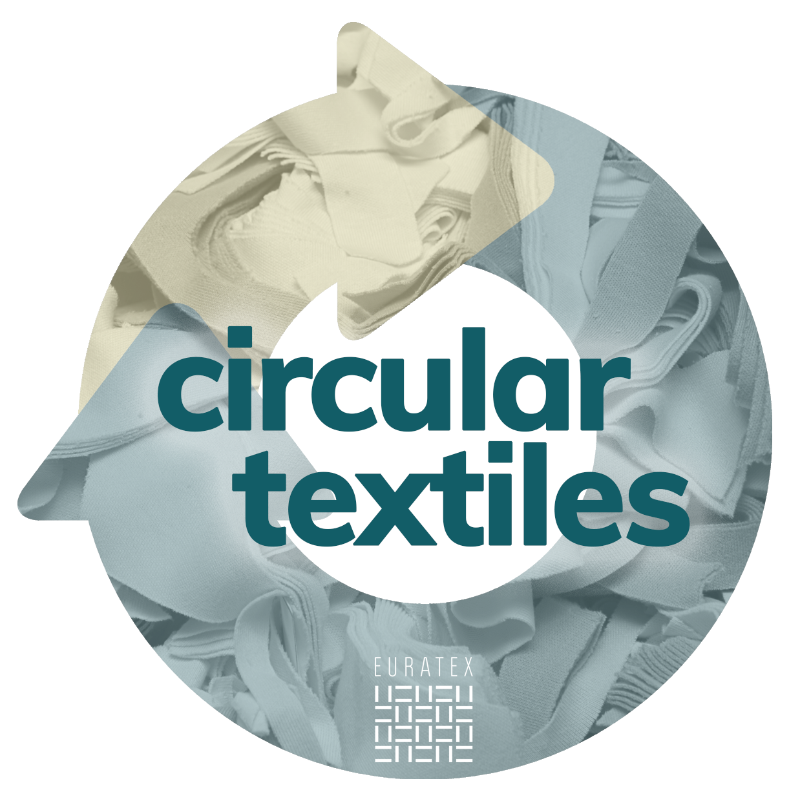Développement durable

Bénéficiant d'une réglementation protectrice pour les consommateurs et les travailleurs et contraignante pour les entreprises, la profession textile française continue de s'engager pour améliorer ses pratiques sociales et environnementales au sein de sa chaîne de valeur. Affichage environnemental, suivi des substances chimiques et des émissions environnementales, RSE, économie circulaire, conception durable et recyclage sont autant de sujets et d'enjeux sur lesquels nous avançons. L'UIT a mis en place une "Task Force" dédiée qui participe activement aux travaux avec les différentes parties prenantes en France et en Europe avec la Fédération de la Maille, de la Lingerie et du Balnéaire, membre de l’UIT.

Economie circulaire et affichage environnemental
En France, en Europe et au niveau mondial, l’économie circulaire constitue un axe de travail important. L'UIT et la Fédération de la Maille, de la Lingerie et du Balnéaire ont participé aux groupes de travail du gouvernement afin mettre en place des actions concrètes pour atteindre les objectifs fixés. En France, cela s’est traduit par mise en place d’une feuille de route économie circulaire par le gouvernement, puis par l’adoption de la loi n° 2020-105 du 10 février 2020 relative à la lutte contre le gaspillage et à l’économie circulaire. L’UIT reste mobilisée afin de suivre les arrêtés qui viendront compléter cette loi. Afin de favoriser sa compréhension par les entreprises, l’UIT a co-rédigé un document de synthèse, « L’essentiel », avec les acteurs de la filière TLC et de Refashion (ECO TLC).
L’UIT collabore également au nouveau plan d’action pour l’économie circulaire d’EURATEX.
En France, l'UIT participe notamment aux travaux pour la mise en place d'un affichage environnemental pour une meilleure information du consommateur concernant la composition et les conditions sociales de fabrication des produits qu’il achète. L’UIT et ses fédérations contribuent à la collecte de données afin de nourrir la base de données ADEME. Un référentiel d’affichage a été élaboré avec l’AFNOR pour le textile-habillement.
RSE
Afin d’aider les entreprises à appréhender les enjeux RSE, l’UIT a collaboré au guide RSE sectoriel du MEDEF (2016) et déployé plusieurs outils de diagnostic RSE.
L’UIT a ainsi récemment participé au projet TeXR, piloté par EURATEX et son partenaire social européen Industri’All de janvier 2018 à fin juin 2019, visant à mettre au point un outil d’auto-évaluation et de gestion des risques RSE dédié aux entreprises textile européennes. Grâce à un financement de la Commission européenne complété par un abondement de l’UIT, cet outil a été présenté en région et 10 entreprises ont bénéficié d’un accompagnement individuel afin de construire la cartographie des risques RSE de leur supply chain amont et élaborer leur plan d’action dédié et évolutif.
L’UIT assume le co-pilotage du Groupe de Travail dédié au Développement durable du CSF Mode & Luxe avec François Taverne (Hermès) aux côtés de ses partenaires naturels (Techtera, CETI, UP-tex, CELC, Eco-TLC), et avec le soutien actif du Centre Technique du Cuir et de la Fédération Française de la Tannerie-Mégisserie.
Au titre des projets adoptés, deux démonstrateurs de recyclage textile (coton /polyester), l’un dans les Hauts-de-France (ligne pilote au CETI) et l’autre, à construire, en Auvergne Rhône-Alpes, ont été lancés. L’élaboration d’un cahier des charges pour recommander un dispositif de traçabilité et RSE adapté aux secteurs TMC utilisant les technologies des répertoires distribués (et notamment la blockchain) est également en cours.
Contrôle des émissions
Concernant le contrôle des émissions de l’industrie, l'IFTH assure le suivi technique de la révision du BREF Textile pour la branche aux côtés de l'INERIS et du Ministère de la Transition Ecologique et solidaire. Le document établit au niveau européen les meilleures techniques disponibles pour le secteur industriel. Les meilleures techniques disponibles qui seront validées donneront lieu entre autres à de nouvelles valeurs limites d’émission dans l’eau et l’air qui deviendront règlementaires pour tous les industriels du Textile soumis à la directive IED dans toute l’Union européenne d’ici 4 ans. Les sites bénéficieront alors de 4 ans pour se mettre en conformité.
Substances chimiques
Les substances chimiques potentiellement dangereuses font l’objet de la réglementation REACH. L’UIT au sein d’EURATEX travaille avec la Commission Européenne et ECHA (Agence européenne des produits chimiques) afin de promouvoir l’utilisation de substances durables et sûres.
Retrouvez les actualités Développement durable ici : Enjeux du développement durable



 L'essentiel TLC économie circulaire
L'essentiel TLC économie circulaire